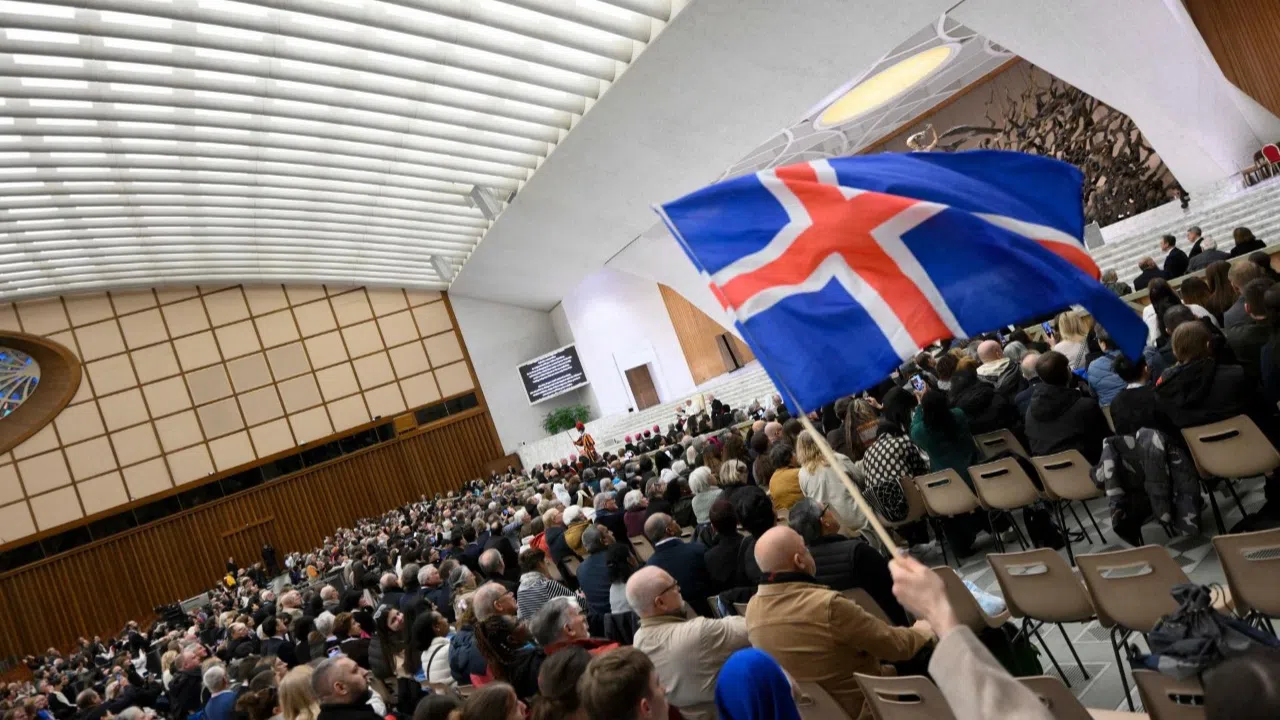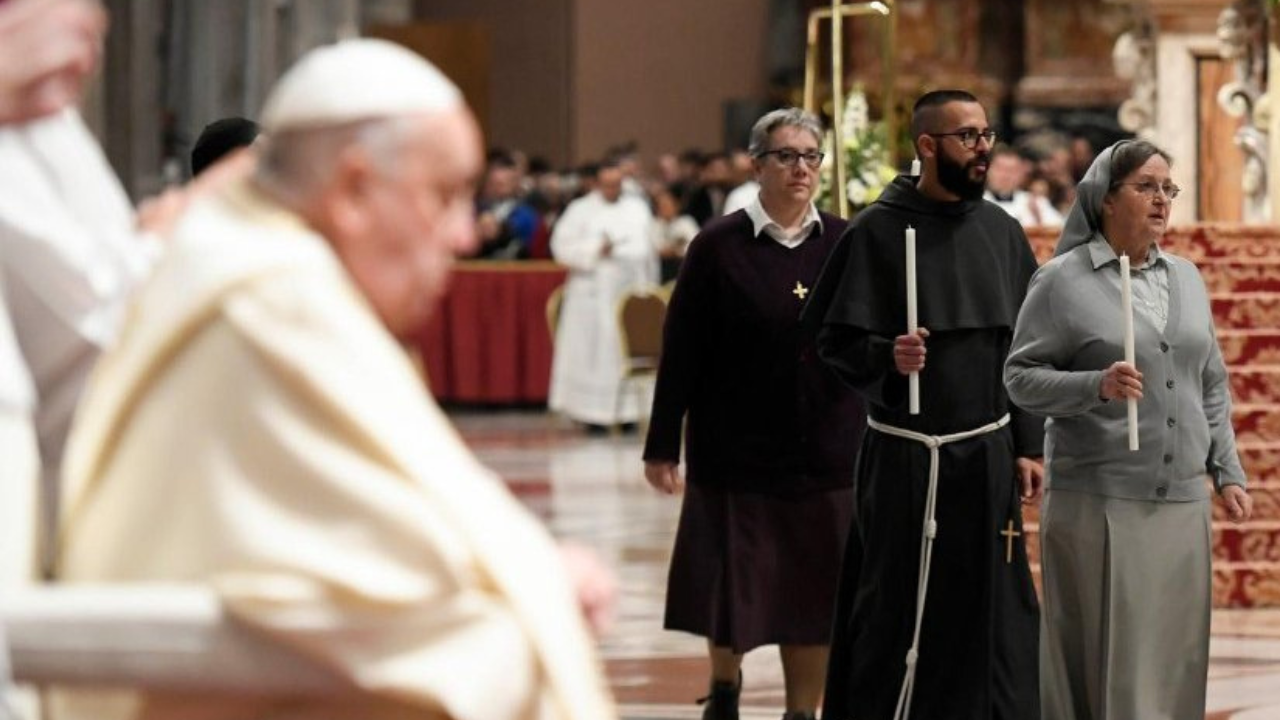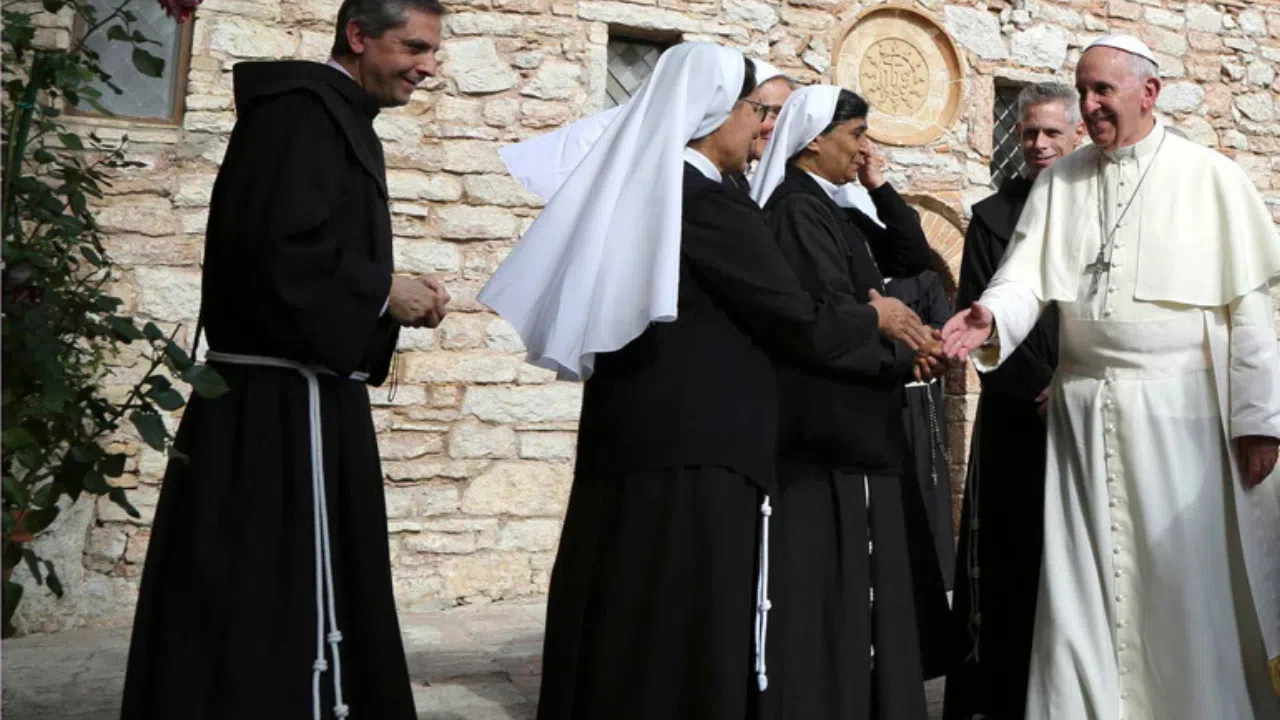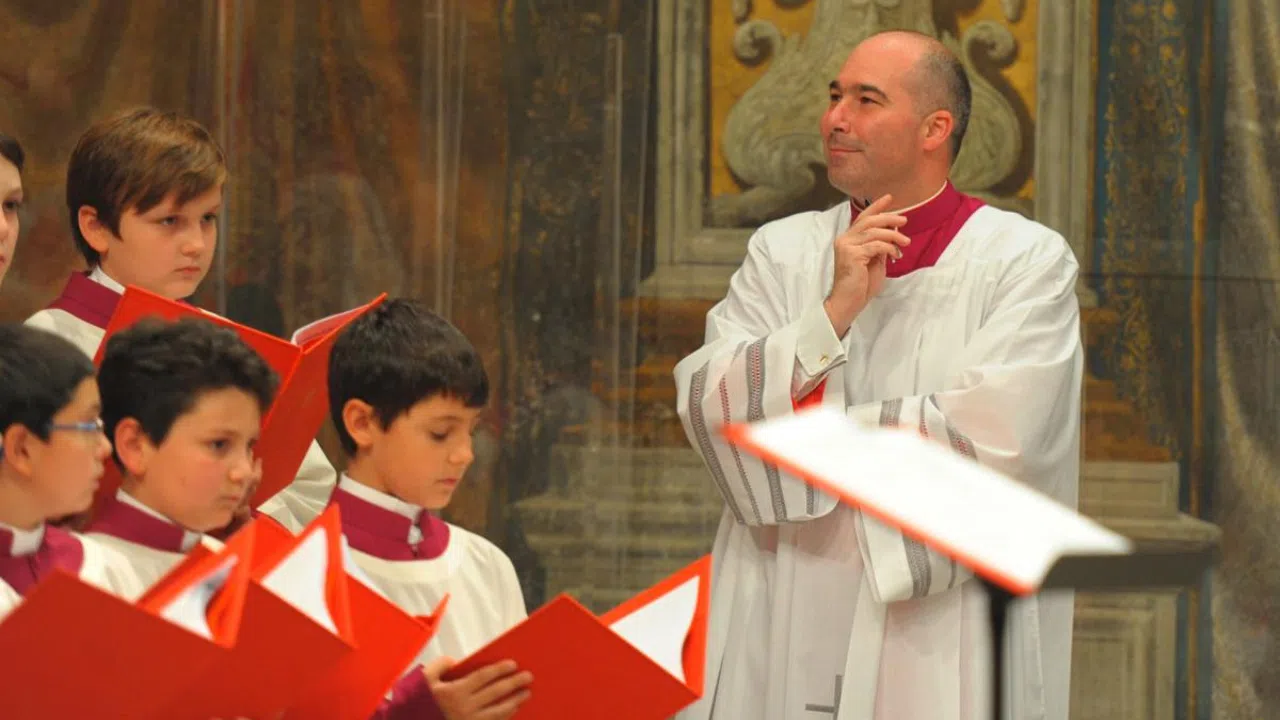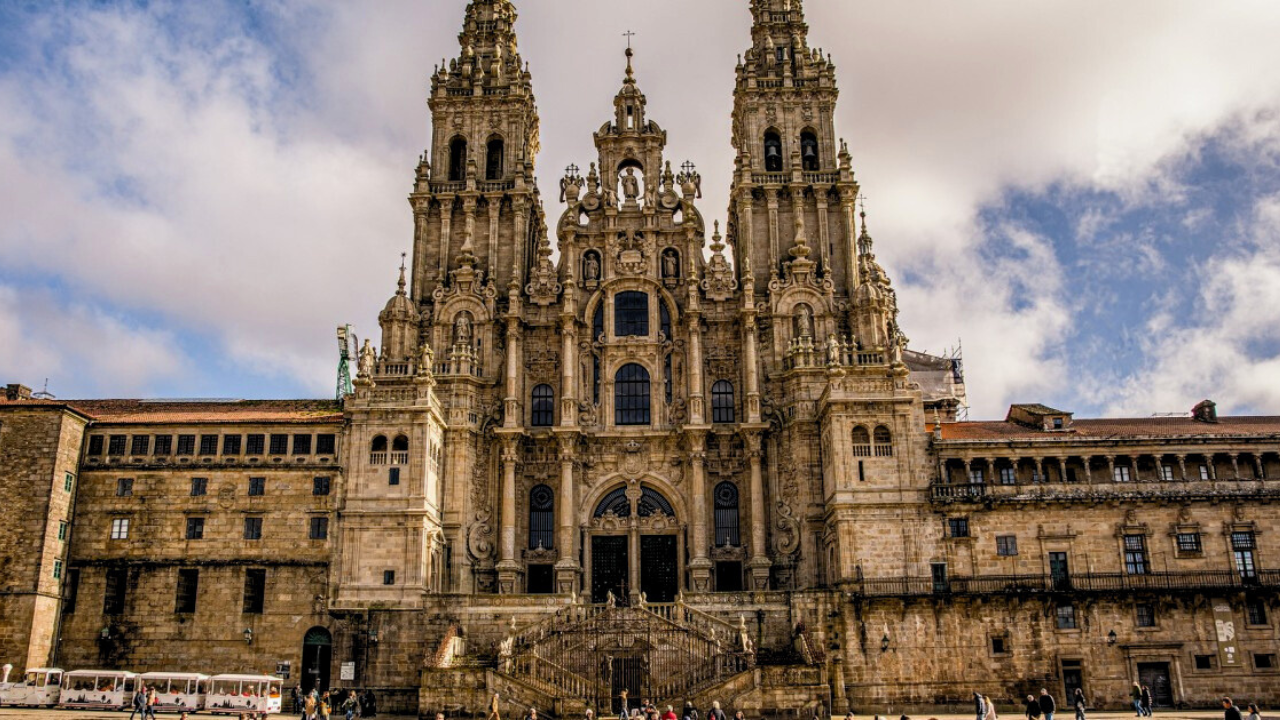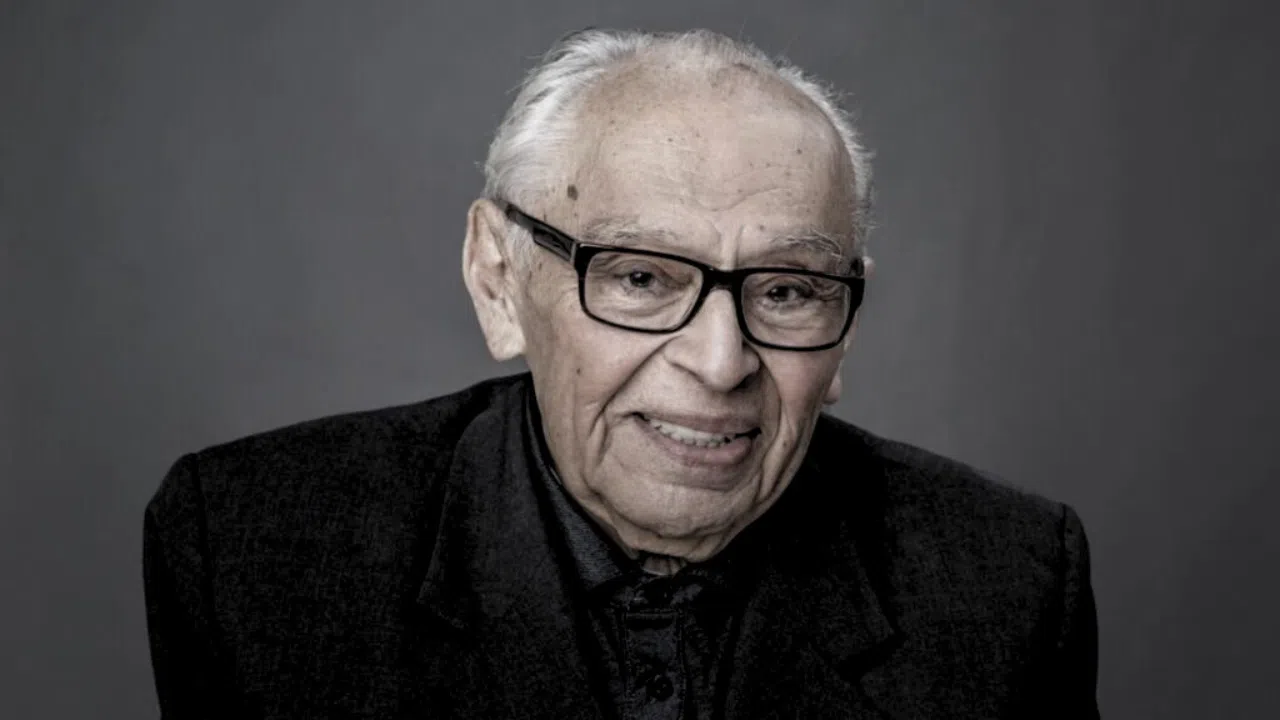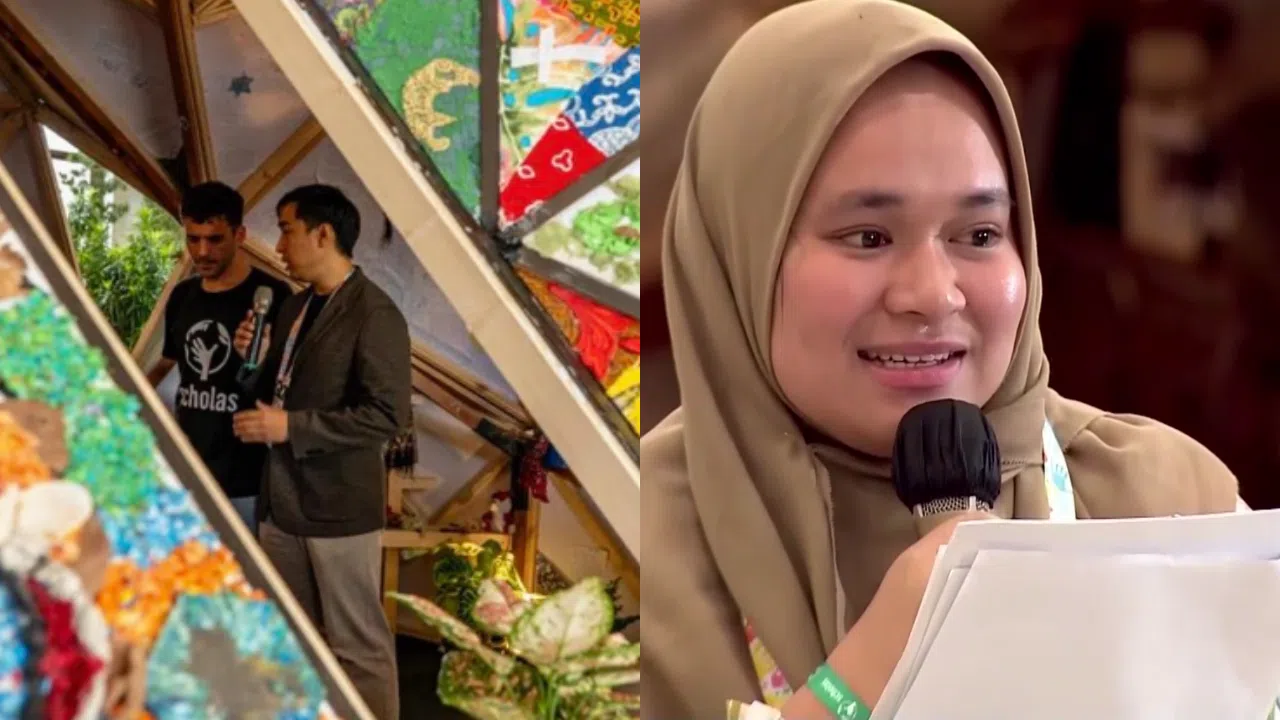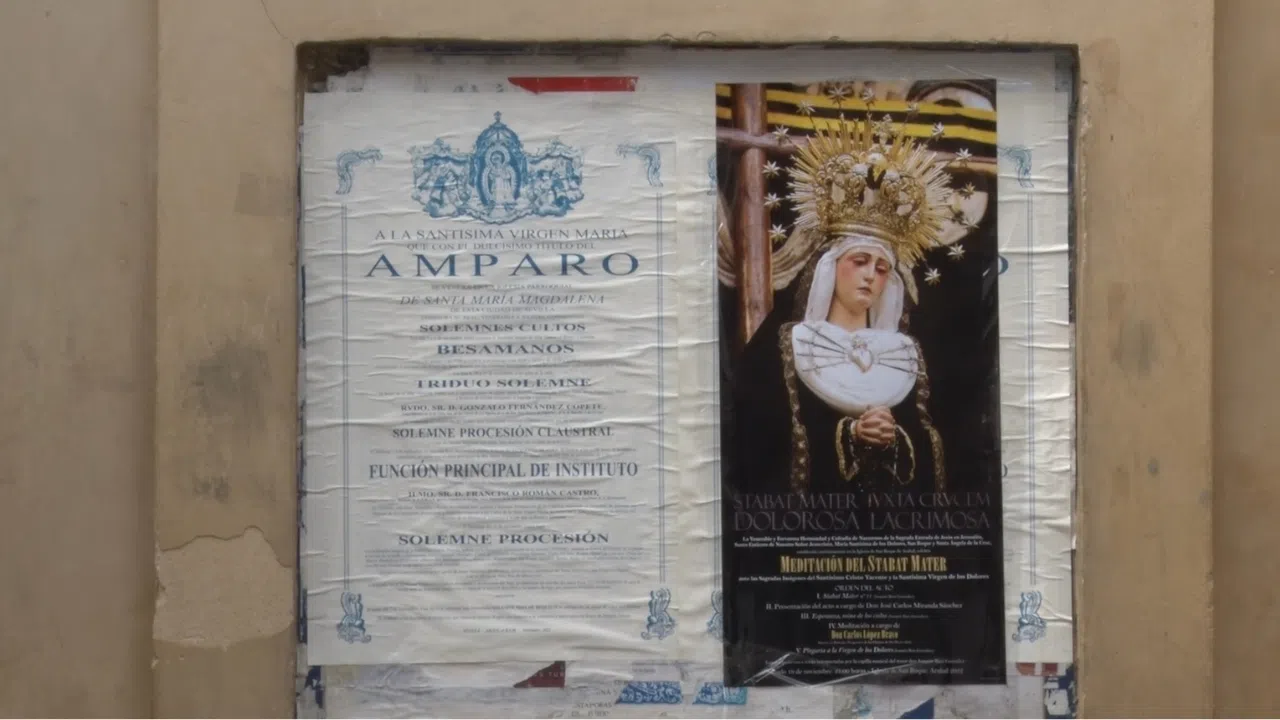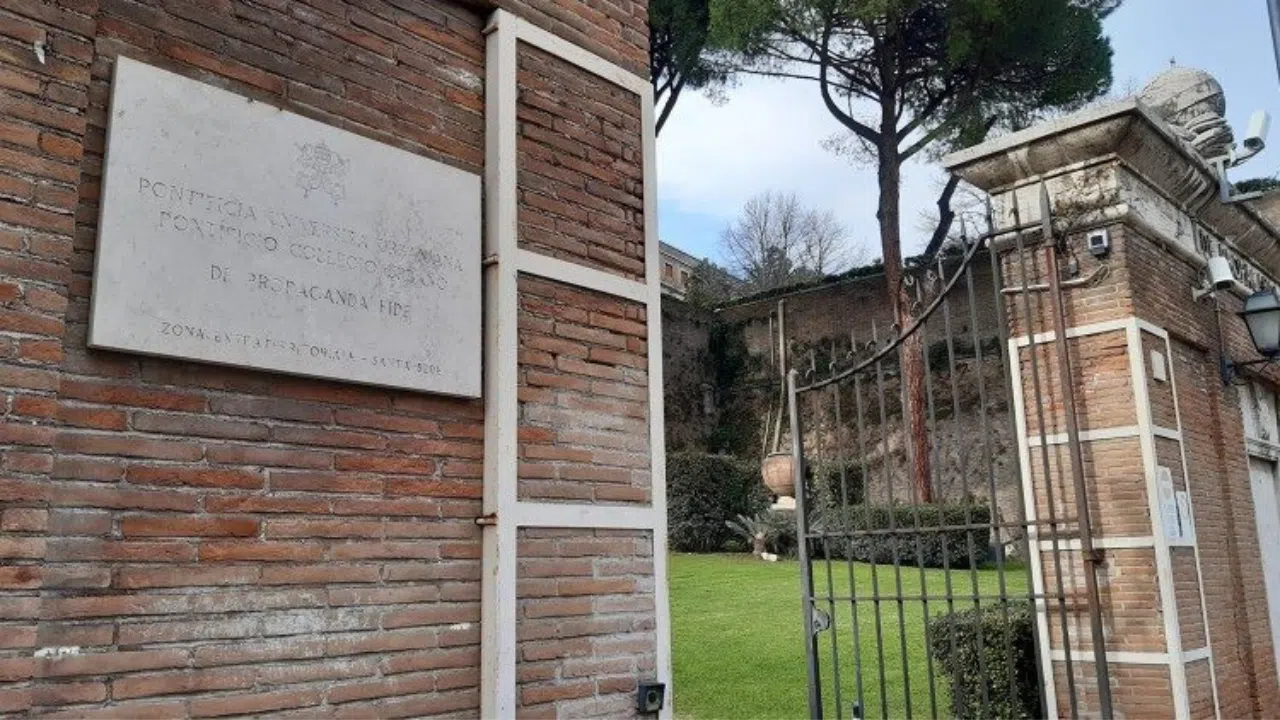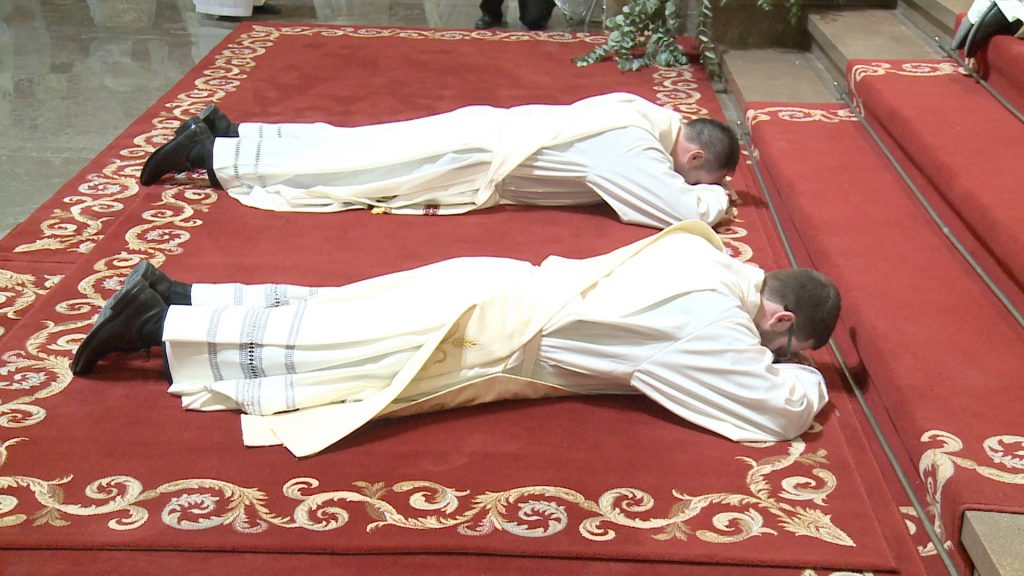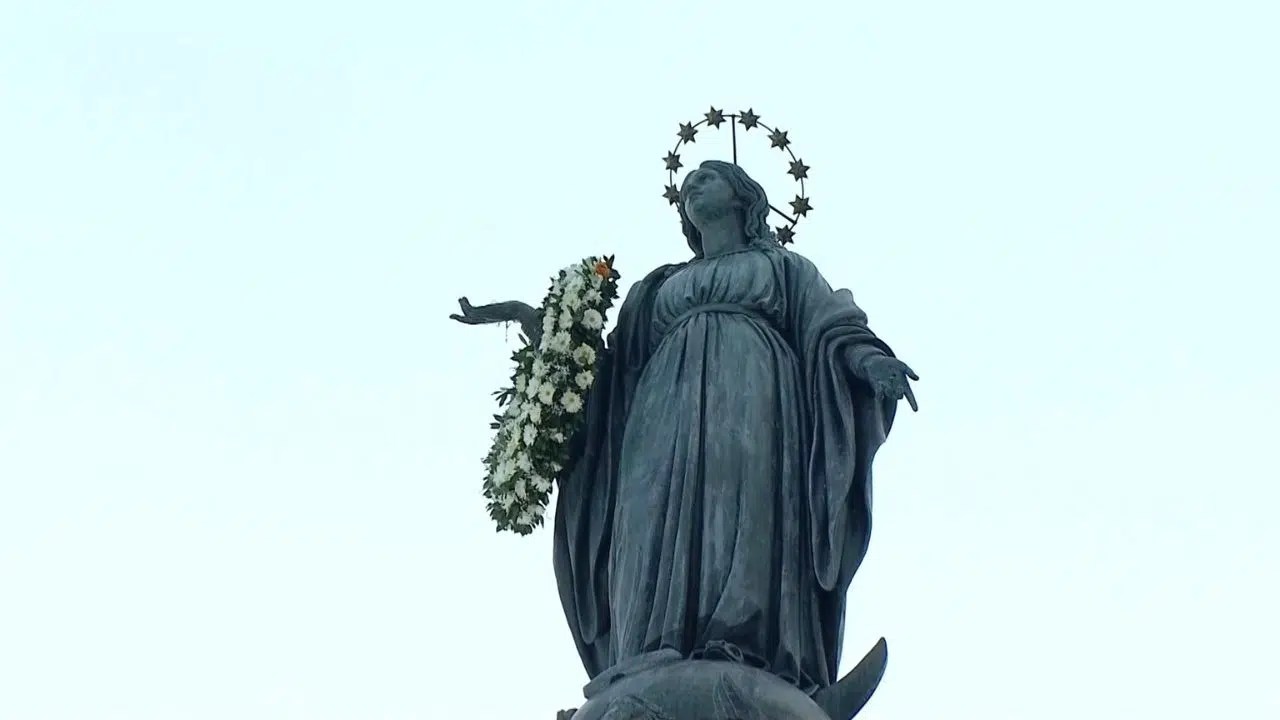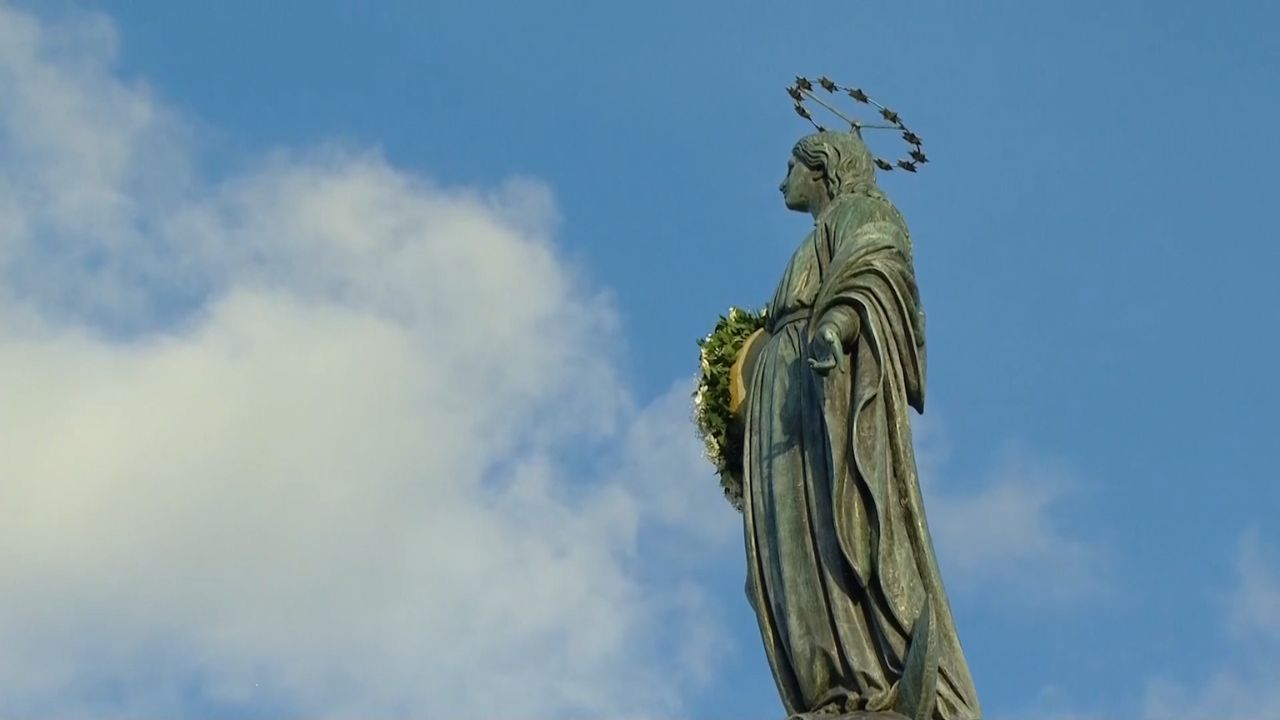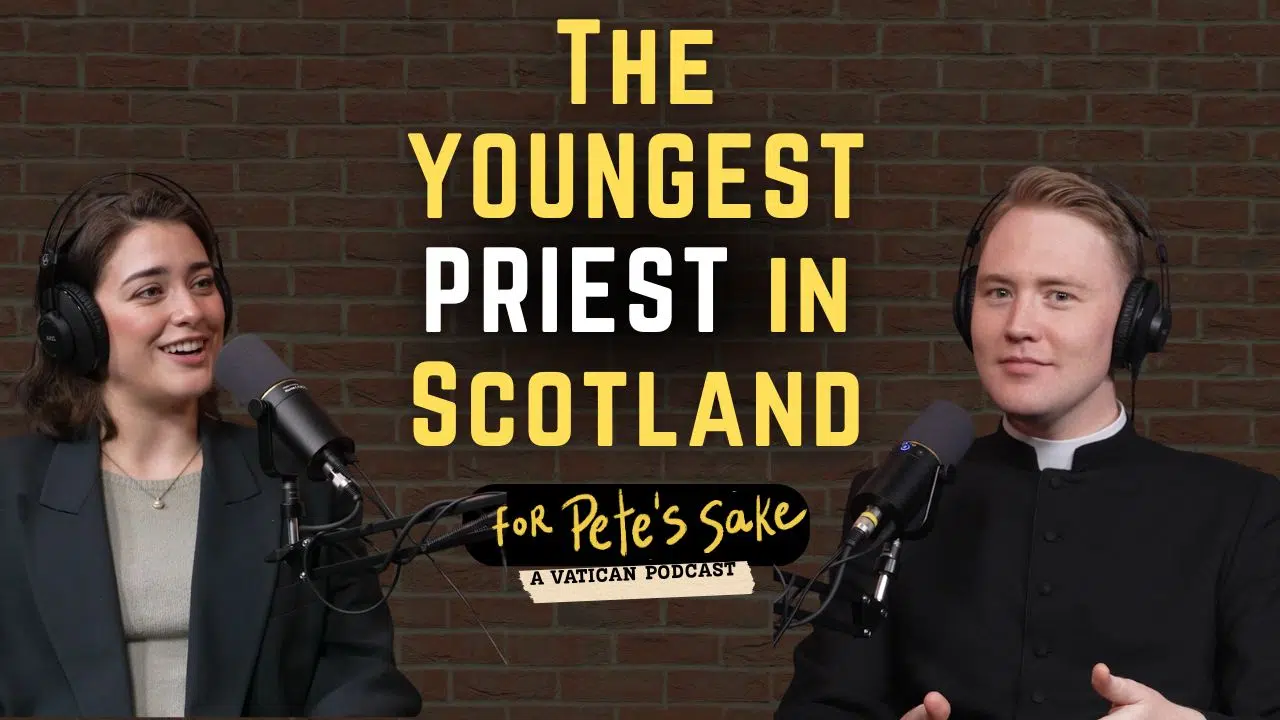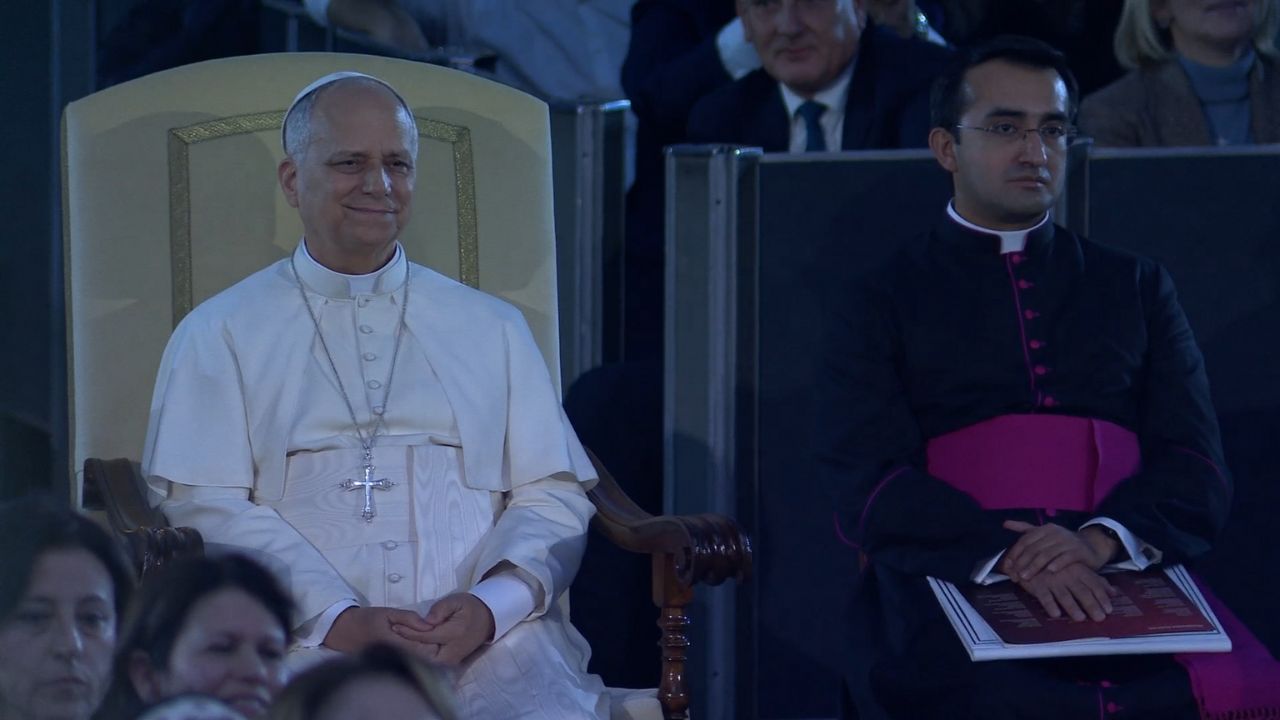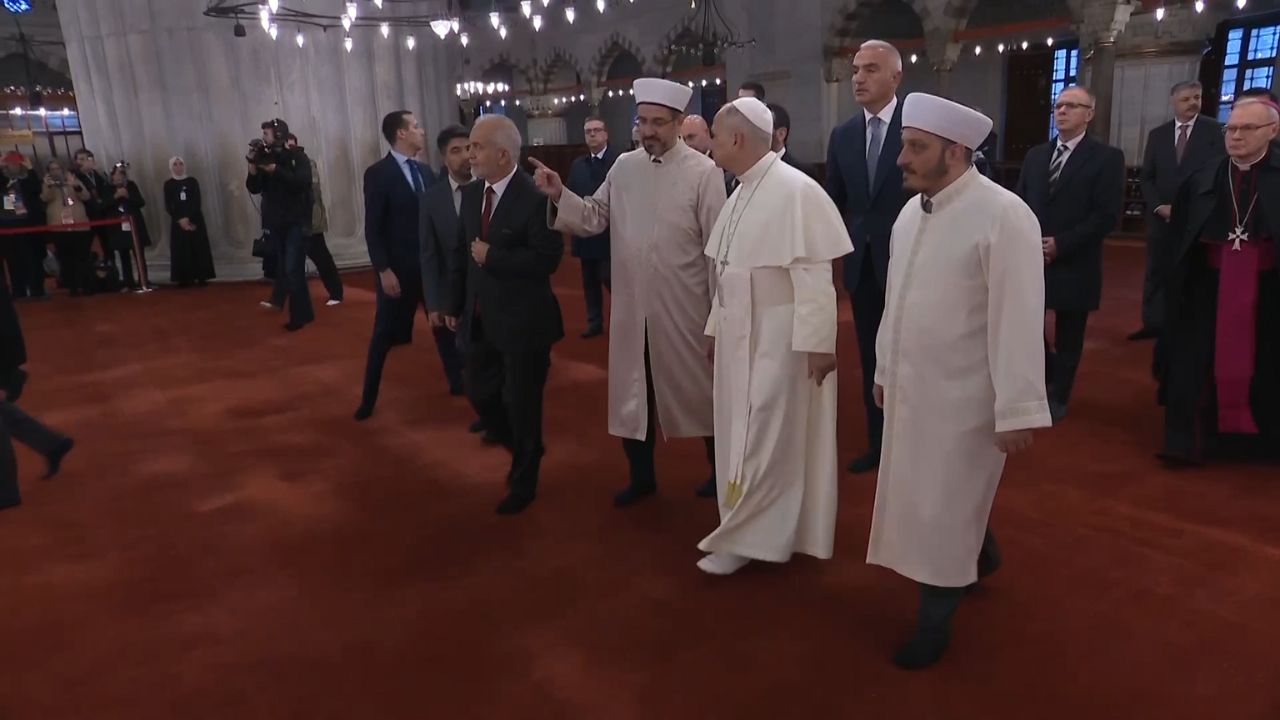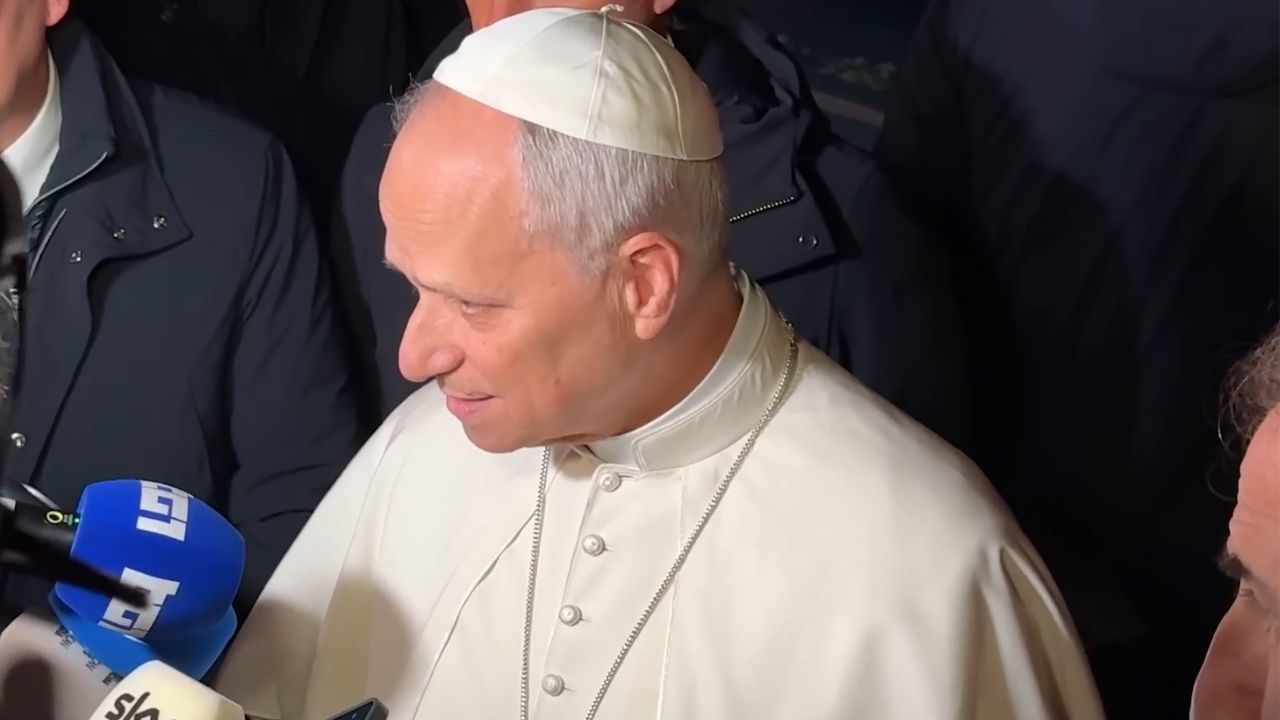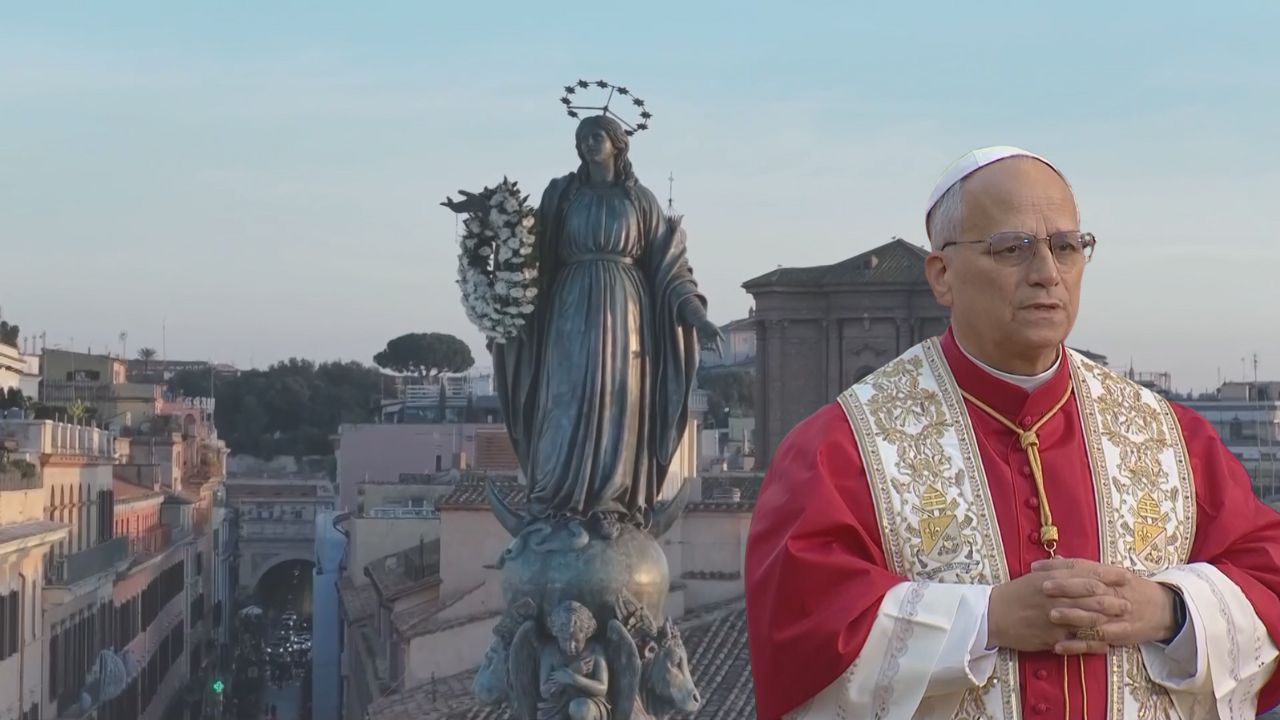The twentieth century contained a boom of new institutions in the Church. In addition, new pastoral needs arose, due to social changes. To give them stability, the Vatican created new legal frameworks, including the 'personal prelature.â?
A personal prelature is similar to a diocese, except that its jurisdiction is not territorial, but personal, and does not replace dioceses. Belonging to them are groups of Christians who require specialized pastoral care due to external circumstances or spiritual needs.
EDUARDO BAURA
Pontifical University of the Holy Cross (Rome)
'For example, it's for faithful people who have special needs for linguistic reasons, such as immigrants or nomads, who travel from one place to another, are not exactly settled in a place and need priestly pastoral care accompanying them.'
A particular characteristic of those who belong to a prelature is that they continue to depend on their diocesan bishop. The only thing that changes is that they can be spiritually cared for by priests of their own institution or community, which in turn is governed by a prelate.
EDUARDO BAURA
Pontifical University of the Holy Cross (Rome)
'The faithful belonging to a personal prelature continue to belong and remain faithful to their own diocese where they live. That is why the prelature is an aid to dioceses, because they offer a pastoral service that dioceses find difficult to provide.'
At the moment, the only personal prelature that exists is Opus Dei. The Holy See has also offered Lefebvrians the possibility of becoming a prelature.
FR. EDUARDO BAURA
Pontifical University of the Holy Cross (Rome)
'Indeed the pastoral phenomenon of Opus Dei is very different from that of the Lefebvrians, but what they have in common is the fact that they are a group of faithful who need particular pastoral care and are present in many dioceses. There is a prelate who takes care of this detail and covers many different areas.'
MSGR. GUIDO POZZO
Secretary, Pontifical Commission Ecclesia Dei
'The lay faithful can engage with the prelature to benefit from the pastoral care and preaching of priests of the same prelature, while still belonging to their diocese. For these reasons the prelature seems like the most appropriate figure for the Lefebvrians.'
The personal prelature is a novel legal structure within the millennial history of the Catholic Church. As such, there can be varied and different institutions as part of it.
This particular example embodies the spirit of the Second Vatican Council, where the Holy See sought new ways to meet the pastoral challenges that had arisen in the last century.
JRB/MB
CTV
-SV
-PR
Up:FV

